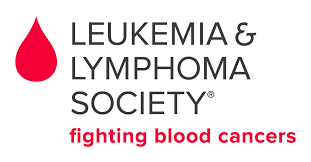The main goal of treatment for myeloma is to rid the body of myeloma cells. Patients react to treatments in different ways—some patients can experience side effects that are mild, while others experience more serious or long lasting side effects.
Myeloma patients should discuss possible side effects with their doctor before they begin any treatment. Drugs and other therapies can help prevent or manage many common side effects.
Some side effects of myeloma treatment may include:
- Upset stomach and vomiting
- Mouth sores
- Constipation
- Extreme tiredness and fatigue
- Infections
- Anemia- low red blood cell count
- Neutropenia- low white blood cell count
- Thrombocytopenia-low platelet count
- Achy feeling
- Numb feeling in arms, hands, legs or feet
- Other mild to serious health affects
Long-Term and Late Effects of Treatment
When a patient’s disease doesn’t respond to treatment it is called refractory myeloma. Other patients may experience a relapse, in which the cancer comes back after being treated successfully.
Most myeloma patients will experience relapse and/or the disease will become refractory. In some cases, the drug combination that the patient used before relapse may be used again. Another option is to use a new form of treatment or a new drug combination. The use of high-dose chemotherapy followed by autologous stem cell transplantation may be a good option for some relapsed or refractory myeloma patients.
Today, many new agents are being studied in clinical trials and are showing good results in the treatment of relapsed/refractory myeloma.
To learn more, visit The Leukemia and Lymphoma Society.
 Content provided by:
Content provided by: